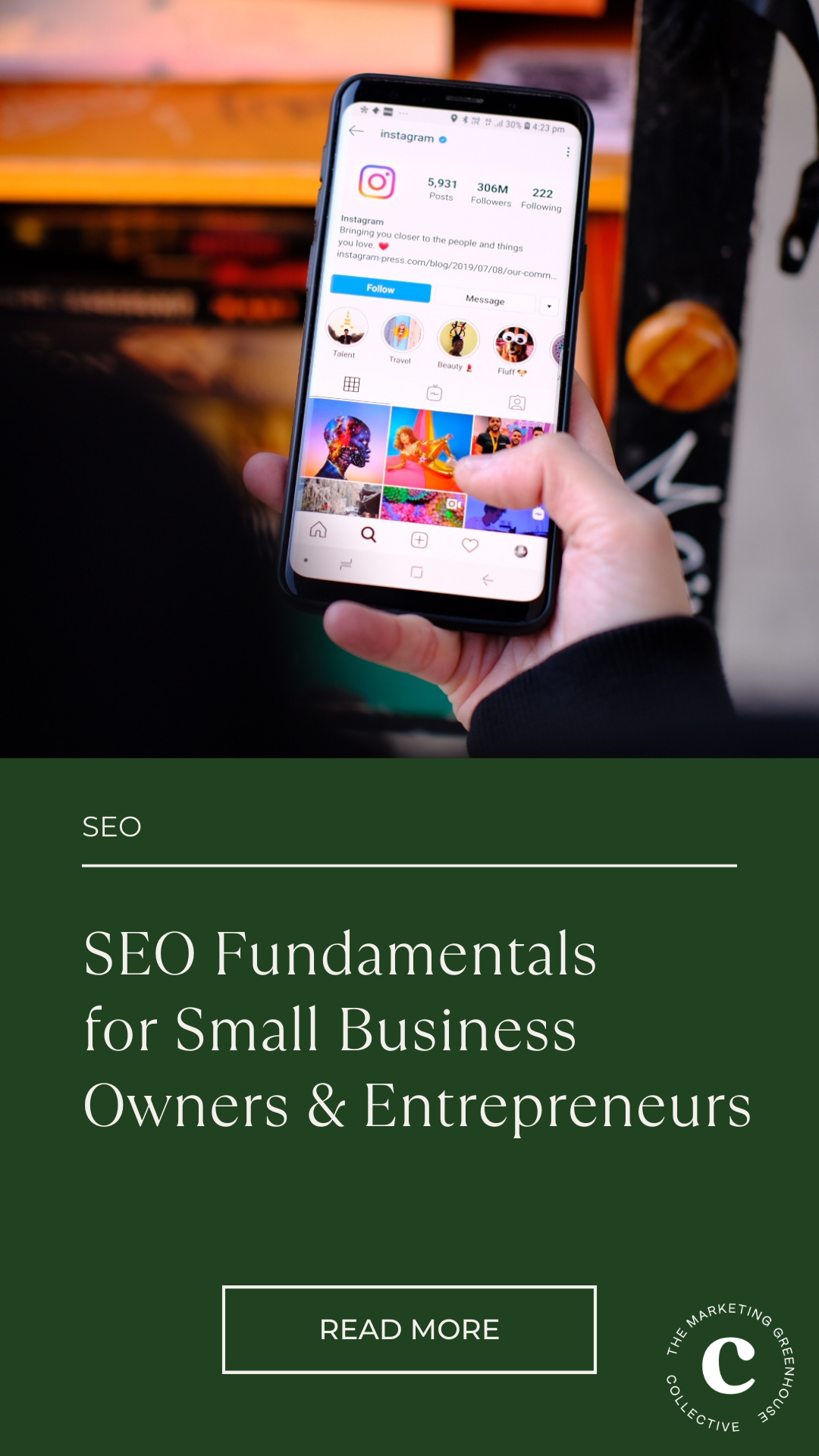SEO Fundamentals for Small Business Owners & Entrepreneurs
Search Engine Optimization is a powerful tool that can exponentially increase your website's traffic. SEO is the process of improving rankings on SERPs (search engine results pages) through clever content development, link building, and other SEO-related activities.
SEO has become more important than ever before with Google cracking down on websites with spammy links or low-quality content in order to rank higher in search results. This blog post will help you get started with SEO basics - what it is, how it works, and best practices for using SEO effectively!
What is SEO and How Does It Work?
SEO stands for Search Engine Optimization. SEO is the process of increasing your website's visibility online by improving its ranking in SERPs (Search Engines Results Pages).
Learning SEO fundamentals can be a very powerful marketing tool, however, it takes time and patience to see results. It allows you to gain more exposure and site traffic which will likely lead to higher sales, customer acquisition, and conversion.
How to SEO my Small Business
The next step is to identify the keywords that you want your site ranked for. It’s important to keep in mind that Google doesn't rank websites based on how many times a keyword appears but rather on its relationship with other words and phrases used throughout all of the content found within a website.
For example, if we were trying to rank for the phrase “how to start a business” it is unlikely that Google would rank our page higher because we use this exact phrase multiple times throughout our content.
This is where keyword research comes into play, but how do you know which keywords are best? A good place to start when identifying your target markets and their respective search terms. There are many tools available to help you find the most common search terms related to your industry.
Some popular keyword research tools include Google Keyword Planner, SEMrush, and AnswerThePublic. There are also more advanced paid options that provide even deeper insights into what keywords may be best for you.
Search Engine Optimization Techniques
Now that you know your target keywords, it's time to optimize the content on your site. There are a number of strategies for doing this, but here is a list of some basic guidelines:
The more quality links pointing back to your website from other websites and reputable sources, the better! This will help with both user experience as well as SEO.
Google looks at many different metrics when determining how valuable or authoritative a page (or link) might be. Some important factors include age and frequency of updating.
Your blog posts should provide value and information beyond just promoting products or services; they should answer questions people may have related to what you offer.
Ensure you're including targeted keyword phrases throughout your content without overdoing it.
How to Maximize SEO for Social Media
The importance of social media in search engine optimization is not to be understated. In fact, as more and more people turn to search engines for their online needs, the role of social media in SEO becomes even larger.
In order to rank well on a SERP (search engine results page), it is important that you have both quality content and an active presence across many different social channels.
While there are several benefits of using social media in your optimization efforts, here are three key reasons:
Search engine crawlers use data gathered by linking accounts together within networks such as Facebook, TikTok, or Twitter.
Google uses +mentions (on G+) as signals toward ranking websites higher than others.
Links shared between followers of influential users also help boost your rankings.
Basic SEO Tips and Tricks
People forget that good SEO can be done without a plugin (though we love the Yoast SEO plugin for WordPress). Ensure all your titles are optimized for search engines and follow the principles of readability to keep people interested in what you have to say.
Use your keywords, but remember to keep it readable.
Your title tags should be between 50–60 characters for optimal readability in SERPs, while meta descriptions should stay under 150 characters. When you're writing content, don't forget that shorter is better, and try not to go over 2000 words (or 1500 if you can). If possible, aim for around 1000-1500 words per page with at least one image on the page!
Having an appropriate keyword density of about 0.25% -0.30% is also important because Google looks at this as a sign of relevance when ranking pages so make sure all relevant keywords are included throughout the article or post without spamming them like crazy! Keyword phrases need to flow naturally into sentences and not be forced.
SEO is a powerful tool for any business, but it can be complicated to use. Fortunately, you don’t need to know how to code or have an in-depth understanding of the inner workings of Google search algorithms. Instead, your site will rank higher than ever with just a few tweaks and changes.
If you want more information on this topic, join Jen and Jessie weekly as they share their marketing expertise through The Marketing Greenhouse podcast!






